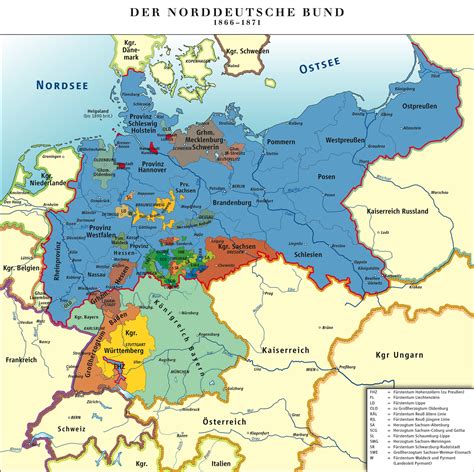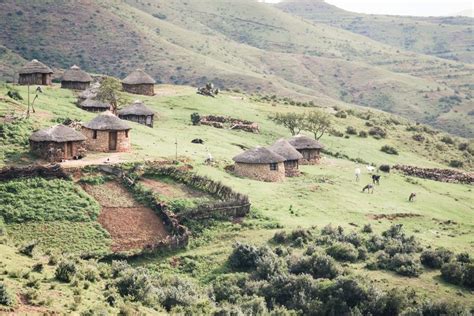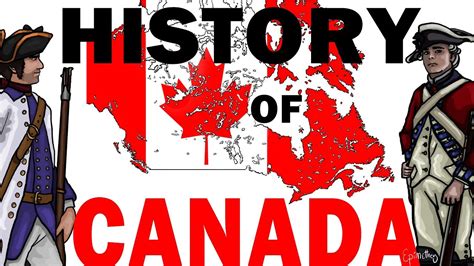Explore the history of Venezuela from pre-colonial times to current political and economic situation. Learn about Spanish colonial rule, independence, and 20th-century turmoil.
Pre-Colonial Venezuela
Contents
Before the arrival of the Spanish in the 16th century, the region of present-day Venezuela was inhabited by a variety of indigenous peoples, including the Carib, Arawak, and Chibcha. These diverse societies had developed complex social structures, art forms, and agricultural practices over thousands of years.
The indigenous peoples of Venezuela lived in communities scattered throughout the region, each with its own unique culture and traditions. They built villages, formed trade networks, and engaged in farming, hunting, and fishing to sustain their livelihoods. Their rich heritage and customs continue to influence Venezuelan culture to this day.
The indigenous populations of Venezuela also developed sophisticated systems of governance and social organization. They had established chiefdoms and hierarchical societies, with leaders who held political, religious, and military power. Some groups, such as the Caribs, were known for their fierce warrior traditions and resistance to outside influence.
Overall, the pre-colonial history of Venezuela is characterized by the diversity and resilience of its indigenous peoples, who thrived in the varied landscapes of the region for centuries before the arrival of European colonizers.
Spanish Colonial Rule
During the 16th century, Venezuela became a Spanish crown colony, and the region was subject to the brutal regime of the Spanish Colonial Rule. The Spanish conquistadors exploited the native populations through forced labor and imposed strict policies that favored the interests of the colonial rulers. They established encomiendas, a system that granted land and the labor of the indigenous people to the Spanish conquerors, resulting in widespread abuse and mistreatment.
The Spanish also implemented the system of the repartimiento, which required the indigenous people to provide labor for public works projects, such as building roads and infrastructure. This further contributed to the exploitation and subjugation of the native population. The Spanish colonial authorities sought to extract as much wealth as possible from the land, leading to the establishment of large-scale agricultural and mining enterprises that relied on coerced indigenous labor.
The impact of the Spanish Colonial Rule extended beyond economic exploitation. The colonizers also sought to impose their culture and religion on the native populations, leading to the suppression of indigenous customs and traditions. The spread of Christianity and the introduction of the Spanish language further alienated the indigenous communities and eroded their cultural identity.
Resistance to Spanish colonial rule emerged among various indigenous groups, leading to rebellions and uprisings. However, the Spanish authorities responded with violent reprisals, often resulting in mass executions and widespread repression. Despite these challenges, the Spanish Colonial Rule persisted for centuries, shaping the social, economic, and political landscape of Venezuela.
Independence from Spain
During the early 19th century, Venezuela, along with other Latin American countries, began to fight for its independence from Spain. The push for independence was fueled by a combination of factors, including resentment of Spanish control, economic inequality, and inspiration from the American and French revolutions. The movement for independence was led by revolutionary figures such as Simón Bolívar and Francisco de Miranda, who sought to liberate Venezuela from Spanish rule and establish a sovereign nation.
One of the key moments in the fight for independence was the Battle of Carabobo in 1821, where the Venezuelan forces, led by Bolívar, achieved a decisive victory against the Spanish royalist army. This battle marked a significant turning point in the struggle for independence, ultimately leading to the liberation of Venezuela from Spanish colonial rule.
On July 5, 1811, Venezuela declared its independence from Spain, becoming one of the first South American countries to do so. However, the road to full independence was long and difficult, with years of military conflict and political instability. It wasn’t until 1823 that Venezuela finally secured its independence and became a sovereign nation.
The legacy of the fight for independence from Spain is deeply ingrained in Venezuelan history and culture. The Venezuelan people celebrate their independence each year on July 5th, commemorating the courage and resilience of those who fought for freedom. Independence Day is a time for Venezuelans to reflect on their nation’s history and honor the sacrifices made by the heroes of the independence movement.
20th Century Political Turmoil
History of Venezuela
The 20th century in Venezuela was marked by significant political upheaval and instability. The country experienced a series of dictatorships, military coups, and political unrest that had a profound impact on its development. One of the key figures in this period was Juan Vicente Gómez, who ruled as a dictator for nearly 30 years, suppressing political opposition and consolidating power in the hands of a small elite. His regime was characterized by corruption, repression, and the exploitation of Venezuela’s natural resources for personal gain.
Following Gómez’s death in 1935, Venezuela saw a brief period of democratic rule, but this was short-lived. The country once again descended into political chaos, with a series of military dictators and civilian leaders vying for power. This instability led to social unrest, economic hardship, and widespread dissatisfaction among the population. It wasn’t until the mid-20th century that Venezuela began to experience some semblance of stability, with the rise of political parties and the establishment of democratic institutions.
However, this period of relative calm was shattered in the 1980s and 1990s, as the country faced a deep economic crisis and escalating political tensions. Venezuela was hit hard by the collapse of oil prices, which had been the cornerstone of its economy, leading to rampant inflation, unemployment, and social inequality. This economic turmoil fueled widespread protests and political polarization, as different factions vied for control of the government and sought to address the country’s myriad challenges.
The turn of the 21st century brought renewed political turmoil to Venezuela, as the charismatic populist leader Hugo Chávez rose to power and implemented a radical socialist agenda. While Chávez enjoyed widespread popular support, his policies and governance style deepened divisions within Venezuelan society and exacerbated existing economic problems. The country became increasingly polarized, and political opposition to Chávez’s rule grew stronger, leading to a series of mass protests, violent clashes, and attempts to oust him from power.
Today, Venezuela continues to grapple with the legacy of its turbulent 20th century history, as it confronts a deepening economic crisis, widespread social unrest, and a protracted political standoff. The country’s future remains uncertain, as it seeks to find a path towards stability, prosperity, and democratic governance.
Current Economic and Political Situation
Venezuela is currently facing a severe economic and political crisis, with hyperinflation, food and medicine shortages, and widespread protests. The country’s economy has been in decline for several years, with oil production, the main source of revenue, plummeting due to mismanagement and falling global oil prices. This has led to a sharp increase in poverty and unemployment, as well as a growing reliance on imports for basic goods.
The political situation is equally turbulent, with President Nicolás Maduro facing widespread criticism and accusations of authoritarianism. The government has been accused of human rights abuses and corruption, leading to international condemnation and sanctions from the United States and other countries. The opposition, led by Juan Guaidó, has been attempting to oust Maduro, but the situation remains deadlocked, with both sides refusing to back down.
In addition to the economic and political crisis, Venezuela is also grappling with a humanitarian emergency, with millions of people in need of food, medicine, and other basic necessities. The crisis has led to a mass exodus of Venezuelans, with millions fleeing to neighboring countries in search of a better life. This has put a significant strain on the region, with countries struggling to accommodate and support the influx of refugees.
The situation in Venezuela is dire, with no easy solution in sight. The future of the country remains uncertain, but one thing is clear: Venezuela is in desperate need of help and support from the international community to address the economic, political, and humanitarian crisis it is currently facing.













